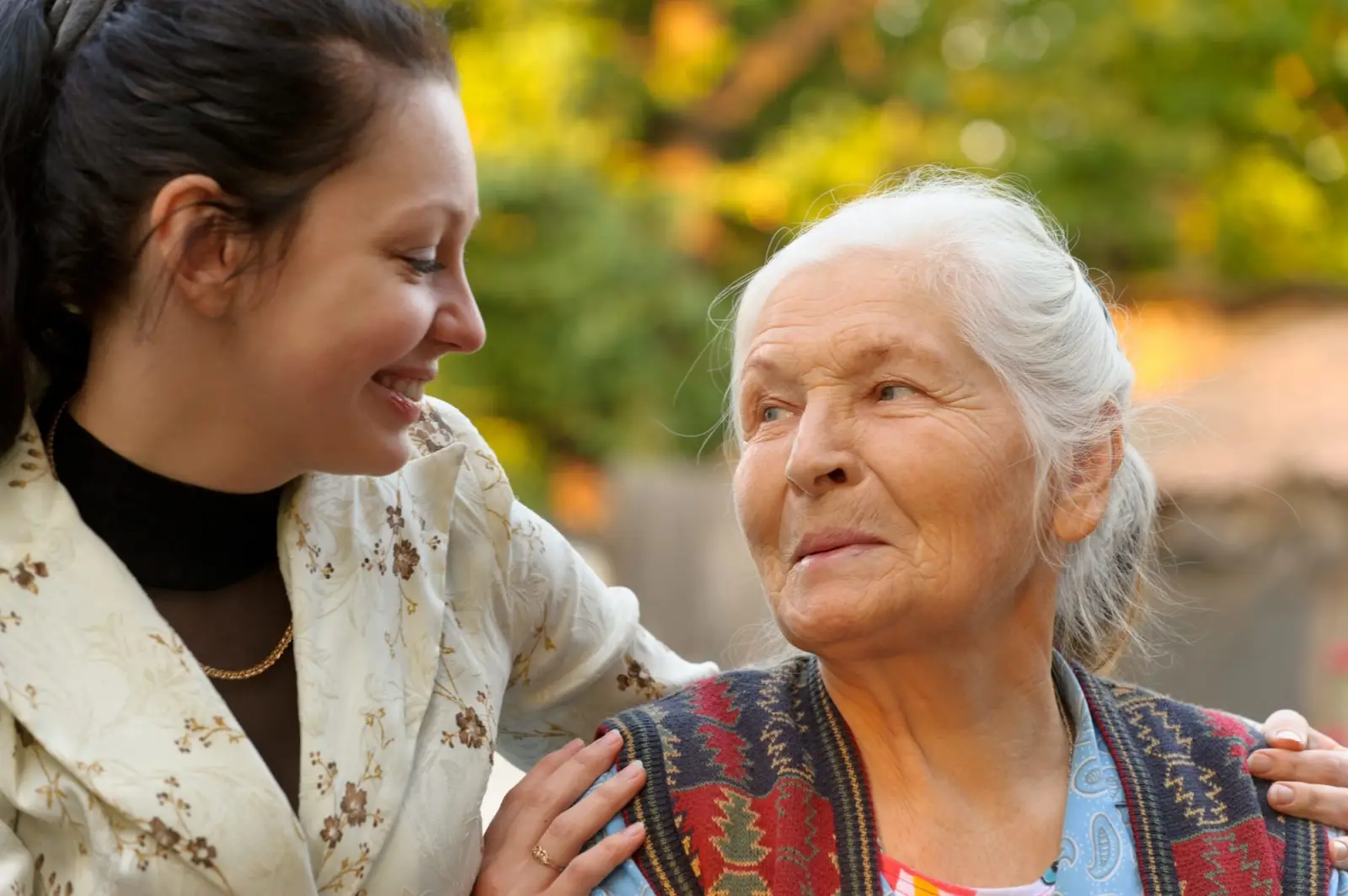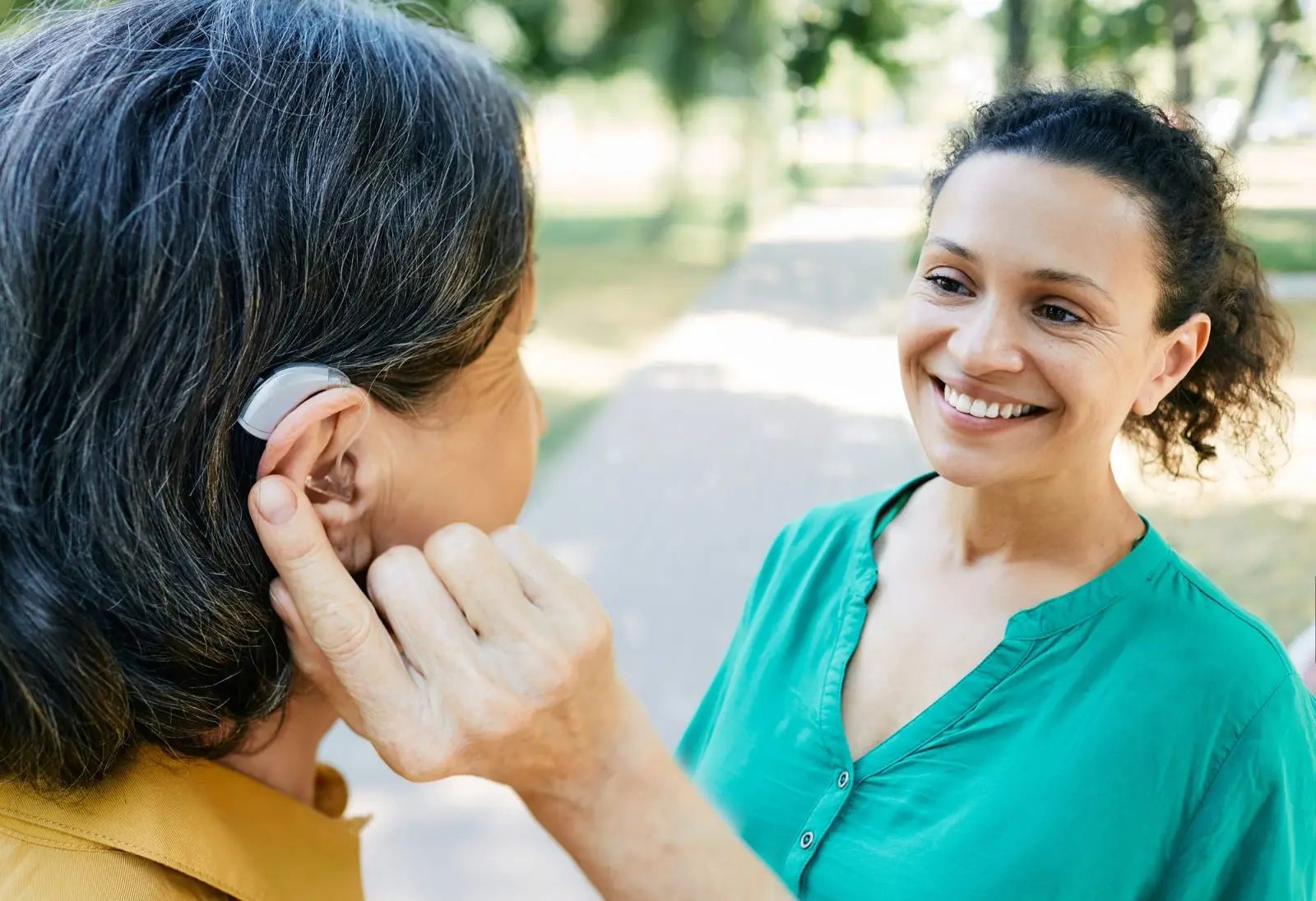The types of diabetes and how to manage them
6-minute read | 03/07/2023
Editorial Contributor

Diabetes is an increasingly common life-long condition. Through a mixture of lifestyle adjustments and medication, the condition can be managed. While there are different types of diabetes, they all involve difficulties with the body’s production of insulin, leading to dangerously high blood sugar levels.
What is diabetes?
Inside the human body, is an organ, tucked under the liver, called the pancreas. The pancreas produces insulin, which is essential when regulating blood sugar levels. Insulin ensures that the glucose (sugar) we get from food can travel from the blood to the cells. The cells are where glucose becomes energy. Diabetes occurs when something interrupts this process. It can be because the body does not produce enough insulin, or it can be because the insulin does not function properly.
The two main types of diabetes are type 1 and type 2. Detection of diabetes is carried out with a blood or urine test. Symptoms include tiredness, muscle and weight loss, blurred vision, slow healing cuts, increased urination (especially at night), and itching around the genitalia.
Longer-term effects of diabetes can include the development of other serious conditions such as strokes, heart disease, kidney disease, nerve damage, hearing loss, foot problems and eye problems (including blindness). The diagnosis and treatment of diabetes should happen as soon as your loved one shows symptoms. Enlisting the support of a home carer can help your loved one maintain positive habits and manage some of the symptoms of diabetes.
The majority of people with diabetes have type 2, and it is most likely that middle-aged and older people will develop this type of diabetes. Type 2 diabetes is the easiest to prevent and manage, but it can take a long time to diagnose because the symptoms are so general.
Causes of diabetes
Pre-diabetes
If someone has blood sugar levels above the normal range, but not high enough to qualify as diabetes, they may have pre-diabetes. Once diagnosed with pre-diabetes, there is an increased risk factor of developing diabetes in future. The earlier the diagnosis of high blood sugar, the easier it is to treat and the less likely it is to develop into full diabetes.
Type 1 diabetes
In type 1 diabetes, the body’s immune system destroys any insulin it tries to produce. This type of diabetes cannot be prevented and develops very quickly and requires insulin injections to control, usually by the person themselves (Carers through Elder cannot administer insulin). Management of diabetes is not possible by lifestyle changes alone. Most people who develop type 1 diabetes are children or young adults. Sudden onset is rarer in older people.
Type 2 diabetes
Type 2 diabetes occurs when the body does not produce sufficient amounts of insulin. It’s most common in people over 45, but can also often be linked to being overweight, or not exercising enough. As such, lifestyle changes such as improved diet and exercise can reduce the risk. Most cases of type 2 diabetes can be managed through diet and exercise, but as the condition progresses, insulin tablets or injections may be required(These cannot be administered by Carers found through Elder).
There is an increased risk of type 2 diabetes if there is a family history of the condition. If a close relative, such as a parent or sibling, is living with the condition, it is vital to be extra vigilant for potential symptoms.
Managing type 2 diabetes
Studies have shown that changes to lifestyle can help manage type 2 diabetes. This includes healthier eating, such as watching sugar intake, exercising more and losing weight.
Remember, there are plenty of resources and support available to help you make lifestyle changes to manage your diabetes or reduce your risk. Setting realistic goals can make change easier, such as changing one thing at a time – plus finding the exercise or healthy foods you enjoy the most can make new habits form easier.
Managing Type 1 Diabetes
Managing blood sugar levels and reducing the likelihood of complications in individuals with type 1 diabetes requires a combination of insulin therapy, a healthy diet, physical activity, and weight management.
Diabetes care is not just about managing the symptoms. It’s also crucial to reduce the risk of developing other medical conditions that are associated with diabetes, such as eye disease, kidney problems and heart attack. In addition to regularly visiting a doctor to monitor diabetes, it’s important to check blood pressure and cholesterol to help avoid further health complications.

Diabetes Prevention Programme
The Healthier You program is a collaboration between NHS England and Diabetes UK. It uses evidence-based lifestyle changes over nine months to address the risk of developing type 2 diabetes in identified individuals.
The Healthier You programme offers both face-to-face group and digital services. Participants are given the option to choose between the two upon referral.
The face-to-face group service offers personalised support for weight management, diet improvement, and physical activity, which are proven to lower the risk of type 2 diabetes.
The digital service offers assistance through technological tools such as wearable devices for tracking physical activity, health coach apps, virtual support communities, and electronic goal monitoring.
Research shows that the Healthier You NHS Diabetes Prevention Programme has successfully decreased newly diagnosed cases of type 2 diabetes in England, potentially preventing severe consequences for many individuals and improving their quality of life. By completing the programme, the probability of developing type 2 diabetes is reduced by more than 33%.
The Healthier You program is accessible across England from different providers. You can find the contact details of the program provider in your region here.
Dubbed ‘the world’s largest grassroots revolution’ in nutrition science, Diabetes Digital Media’s Low Carb Programme has disrupted healthcare by providing scalable digital solutions that achieve positive health outcomes. The organisation’s work, which includes the provision of Diabetes.co.uk, has been using big data to change the lives of people living with diabetes.
Read the interview
This article is for informational purposes only and not to be taken as medical advice. For medical advice, always consult your GP.





